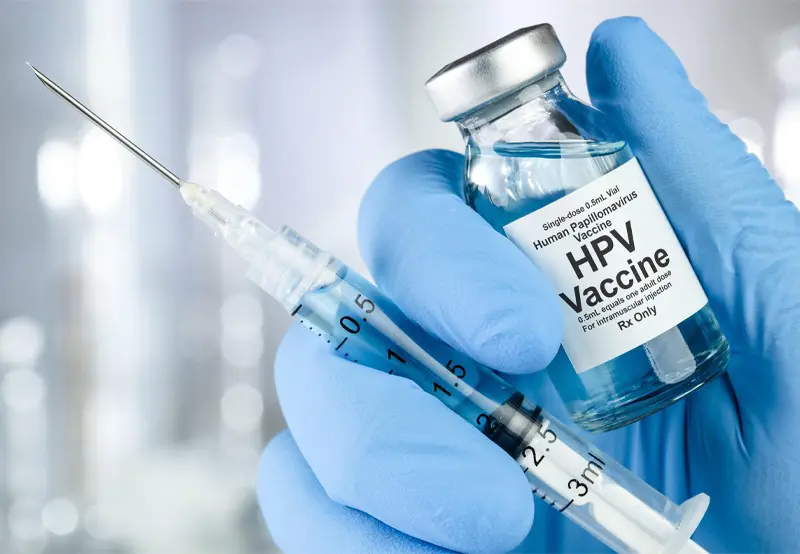The Oyo State Government has firmly dismissed claims that the Human Papilloma Virus (HPV) vaccine is intended to reduce Africa’s population, emphasizing its primary purpose as cancer prevention.
Dr. Muideen Olatunji, Executive Secretary of the Oyo State Primary Healthcare Board, made this assertion during a press conference held in Ibadan on Monday. Addressing journalists, Dr. Olatunji announced the introduction of the HPV vaccine into the state’s Extended Programme on Immunization (EPI), aimed at girls aged 9-14.
Dr. Olatunji described cervical cancer as one of the most prevalent cancers affecting women and underscored the necessity of combating the disease head-on. He clarified that the HPV vaccine was developed to prevent cervical cancer, not to control population numbers.
“The vaccine is not designed to reduce the population of the state,” Dr. Olatunji stated. “This is a demonstration of our continued partnership and collective efforts to protect young girls and citizens of the state against the prevalence of cervical cancer.”
He highlighted the launch of the vaccination program at St. Paul Anglican Primary School in Yanbule, Bashorun, where over 300 pupils have already been vaccinated.
“Cervical cancer is a serious, and the second most fatal cancer that affects women, especially females of productive age,” Dr. Olatunji said. “However, it’s important to note that cervical cancer is a preventable disease, which can be controlled through routine HPV vaccination.”
The state has trained and retrained healthcare workers to administer the vaccine, with supervisors ensuring safety and proper administration across Oyo State. Dr. Olatunji stressed the government’s commitment to reaching every part of the state to ensure no one is left out of the vaccination effort.
“Cervical cancer globally accounts for a significant number of deaths and is the fourth among cancers that kill women worldwide. HPV, which causes cervical cancer, is preventable. What we are doing is cost-effective and safe, aiming to prevent the disease rather than wait for treatment or management when cancer has set in. Prevention is better than treatment and cure,” he concluded.

